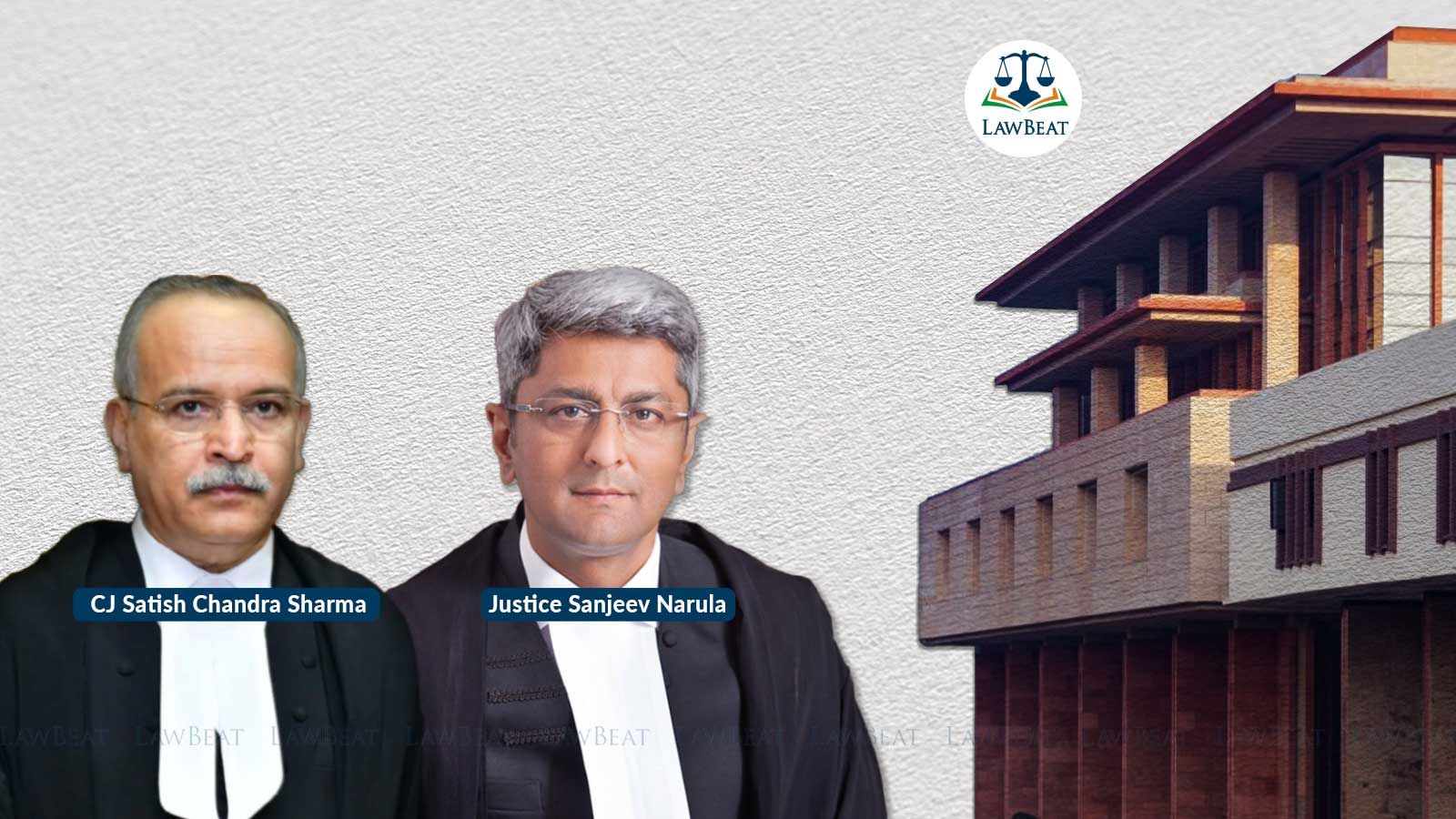Delhi HC Grants 'Fact Finding Committee' 4 Weeks' Time for Tihar Jail Water and Sanitation Status Report

The 4-member committee consists of advocates Dr Amit George, Santosh Kumar Tripathi, Nandita Rao and Tushar Sannu
The Delhi High Court on Wednesday granted four weeks' time to a four-member independent fact-finding committee to file a status report on the condition of drinking water, sanitation, overall hygiene, and the maintenance of washrooms/toilets within the Tihar jail complex.
The court was hearing a Public Interest Litigation (PIL) filed by the Delhi High Court Legal Services Committee (DHCLSC), wherein it addressed the pressing issue of supply of clean drinking water and maintaining hygienic-sanitary conditions within the Tihar Jail Complex.
At the outset, Advocate Nandita Rao submitted, "We have made multiple visits. We'll just need some time to file the reports".
"Learned Counsel for Government of NCT prays for four weeks' time to file status report. She is permitted to do so. List the matter thereafter", the division bench of Chief Justice Satish Chandra Sharma and Justice Sanjeev Narula ordered.
Accordingly, the court posted the matter for further consideration on December 4.
Notably, in August 2023, the court had said, “We establish a Fact-Finding Committee consisting of Dr. Amit George, Mr. Santosh Kumar Tripathi, Ms. Nandita Rao, and Mr. Tushar Sannu. Their mandate is to impartially evaluate the present conditions and update us on the status of drinking water, sanitation, overall hygiene, and the maintenance of washrooms/toilets within the complex”.
“The Director General (Prison) of Tihar Jail is directed to facilitate the Committee's work, providing all requisite resources and support to enable a thorough examination of the jail premises”, the court stated in its order dated August 23.
The DHCLSC had apprised the court of a concerning report, stemming from an inspection conducted by a Panel counsel. The investigation underscored a worrying deficiency in providing inmates with drinking water in the jail complex.
“Additionally, the sanitary conditions are described as less than satisfactory. The state of washrooms/toilets is particularly concerning – many are in disrepair, and even the basic privacy of inmates is compromised due to broken doors, hampering their ability to maintain personal hygiene in private”, the report stated.
On April 17, 2023, a representative for the Government of NCT of Delhi updated the court that initiatives to enhance basic amenities in Tihar Jail were underway.
However, the DHCLSC had said that they had been inundated with complaints from Tihar jail inmates, who claimed an alarming scarcity of basic necessities. The court was told that there had been no discernible improvement in the living conditions within Tihar jail.
On examining the report and accompanying pictures, the court had said that it clearly revealed that inmates were bereft of essential amenities, including safe drinking water and functional toilets.
“Rule No. 425 of the Delhi Prison Rules, 2018, mandates that every inmate should have uninterrupted access to fresh drinking water at all times. These rules emphasize the importance of not only providing inmates with clean water but also ensuring a well-maintained sanitation system and washroom facilities”, it had observed.
The court had added, “The Supreme Court, in the case of State of Andhra Pradesh v. Challa Ramkrishna Reddy and Others [(2000) 5 SCC 712], has poignantly remarked that the Right to Life stands paramount among human rights. As enshrined in Article 21 of the Constitution of India, this right remains inviolable, irrespective of an individual's incarcerated status. A prisoner's basic constitutional rights persist, even behind bars. Therefore, any measures restricting an individual's freedom must not infringe upon their inherent dignity and rights”.
Case Title: Delhi High Court Legal Services Committee v. Government of NCT of Delhi
